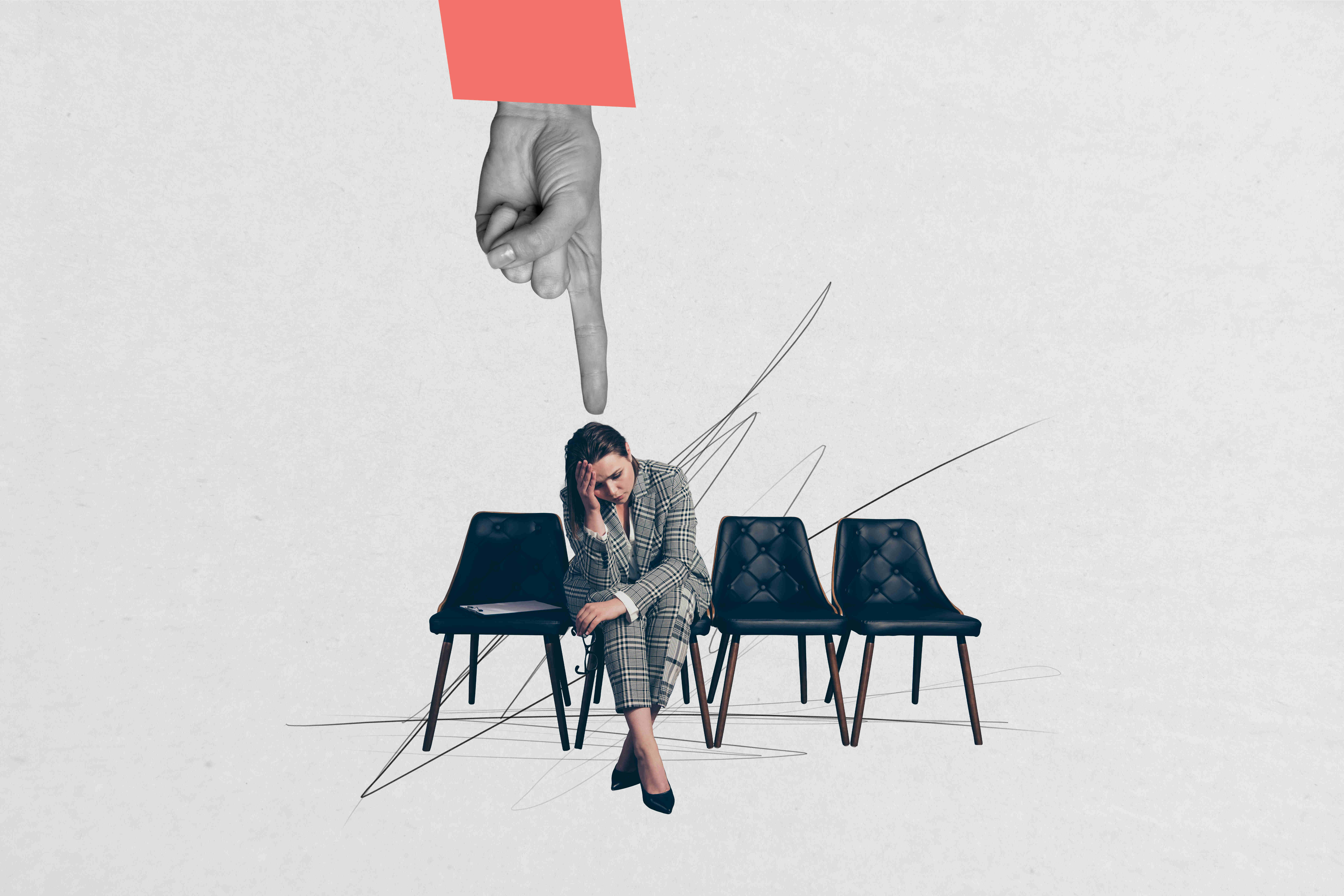In part 1 of this topic, we wrote about how an increasing number of cases are being resolved based upon their perceptual value at the jury level, rather than their realistic economic worth and how this often results ina defendant corporation having to pay significantly higher settlement figures and damage awards. We introduced the first two of four lethal mistakes being made by defendant corporations (not prioritizing witness effectiveness and weak visual case presentation) that are contributing to these increased settlements and nuclear verdicts. In this post, we cover the other two mistakes and some concluding thoughts on how to address.
3. Over-relying on Expert Witnesses
In trial, expert witnesses don’t win the case for the defense; fact witnesses do. To jurors, fact witnesses are the face and “heartbeat” of the business or corporation. In post-trial interviews, actual jurors have said: “I need to touch, feel, smell and experience the [fact] witnesses and make my own judgment of their character and credibility.” These witnesses define the defendant’s character, values, and image. Both mock and actual jurors have consistently reported over the years that a) they understand experts are well-paid and are “professional” witnesses and b) they highly value hearing testimony from fact witnesses. Despite this, many defense mistakes center around over emphasis on expert witness testimony. On the surface, this makes sense, as some expert witnesses are capable of persuasive communication. Expert witnesses make defense attorneys feel comfortable, as their trial experience makes them “low maintenance” compared to fact witnesses. In other words, expert witnesses are intelligent, articulate, easy to work with, and will tell jurors exactly what you desire. What more could a defense attorney ask for, right?
Unfortunately, jurors have evolved and have figured out the role of expert witnesses. Jurors know that plaintiff and defense experts will usually cancel out each other’s testimony and vehemently disagree with each other. Jurors give more credence to the testimony of a fact witness with intimate knowledge of what happened, compared to the opinions of a “hired gun.” The main problem that defense counsel faces is that fact witnesses are typically poor to average witnesses, since they tend to have little to no deposition experience, much less trial testimony experience. Remember, the expert witness feels right at home in the courtroom, while fact witnesses feel like they are lost in a foreign country. What can you do to get the most out of your witnesses? First, empathize with the fact witnesses involved in the case. They are often scared, anxious, and highly intimidated of the legal system. Second, invest the time and energy into optimal witness preparation activities (as described above). Poor and average witnesses can be transformed into good or even extraordinary witnesses with the right training program. Third, remind them that they are part of a lineup of witnesses and they are not required to “hit a home run” and win the case by themselves. Corporate witnesses often feel that they are the “star” witness, and that the outcome of the case is directly on their shoulders.
4. Going on the Defensive Early: The Availability Bias
The top strategic mistake made by defense counsel in litigation is to immediately go on the defensive and address the plaintiff’s allegations. After plaintiff’s counsel has bludgeoned the defendant in their opening statement, there is a great temptation to stand up, address and deny each allegation one-by-one. This strategy makes perfect sense, because jurors want to immediately hear the defendant’s response to each of the claims, right? Wrong. Addressing each claim immediately is a potentially deadly mistake because it sends the following message to jurors: the plaintiff’s claims are valid because this case made it all the way to the courthouse. By merely reacting to the plaintiff’s story, the defense plays right into the plaintiff’s hands. It is foolish to play “follow the leader” with the plaintiff, when the defense has a wonderful opportunity to come out of their corner swinging, rather than dancing and dodging. Remember, plaintiff’s counsel wants to put all of the (negative) attention on the defendant and its actions. By systematically denying each claim, the defense can inadvertently reinforce the plaintiff’s claims and make the case all about itself, rather than the plaintiff.
Therefore, manipulating the “Availability Bias” is essential in any type of litigation. This relates to the fact that jurors have a strong tendency to blame the party that is most “available” to blame. In other words, if the case focuses on one party/topic more than another, the odds of jurors blaming the party with the most exposure are higher. For example, if a corporation and all of its employee’s actions are in the spotlight for the majority of the time during trial, potential pro-defense jurors will never have an opportunity to stockpile ammunition to use against pro-plaintiff jurors during deliberations. The way to win in the deliberation room is to arm pro-defense jurors with weapons, which can only be done by the defense attacking early and often. Rather than reacting and responding to the plaintiff’s story, the defense needs to simply, quickly and visually arm jurors with the “real” story and immediately put the plaintiff on trial. The only way to accurately assess your position is to practice, practice, practice in a formal research setting. This strategy accomplishes three critical jury-level goals: a) it arouses jurors’ attention, b) it halts the plaintiff’s momentum, and c) it makes the trial about the plaintiff, not the defendant.
Think about this: what do you want jurors arguing about during deliberations? Do you want them talking about the plaintiff or defendant? If the majority of time in trial is spent on the defendant’s conduct, then the majority of deliberations will be spent arguing about the defendant’s conduct. In contrast, if the majority of time in trial is spent on the plaintiff’s characteristics or motivation, or alternative causation, then deliberation discussions will follow that same path. While the defense naturally has to acknowledge and deny the plaintiff’s claims, it shouldn’t be the first order of business. It is well- known that the “recency and primacy” effects are powerful influences on juror’s memory recall (i.e., the first and last things said by attorneys tend to be most influential). Therefore, focus on the plaintiff and/or alternative causation, not the defendant. To take full advantage of the availability bias, and the recency/primacy effects, defense counsel should: a) start and end openings and closings focusing on the plaintiff, b) place information about the defendant’s conduct in the middle of presentations (where it is less influential), and c) make the largest proportion of the presented information about the plaintiff, not the defendant.
Years of research proves that the best defense is usually a strong offense. The defense must attack early and tell their story, rather than instinctively reacting to the plaintiff’s story. The main fear that defense attorneys have about this strategy is the risk of appearing insensitive to jurors. While this is a valid concern, jurors will accept and respect a solid assault on the plaintiff’s case, provided that defense counsel remain professional, and avoid personally attacking the plaintiff or their family.
In summary, avoiding these four serious mistakes can greatly increase your odds of a defense verdict or a favorable settlement. The key to achieving this goal is simple: you must out-prepare the opposition. There are several cost-effective ways to optimally prepare to settle and/or defend your case. In our experience, the economic impact of early jury research and pre-deposition witness training is astounding. Knowing your witnesses’ true strengths and weaknesses, as well as the case issues that can infuriate jurors can greatly increase your leverage during settlement negotiations and in the trial setting.

Be confident in achieving superior litigation outcomes. CSI has the expertise, track record, and capabilities to help you win.



